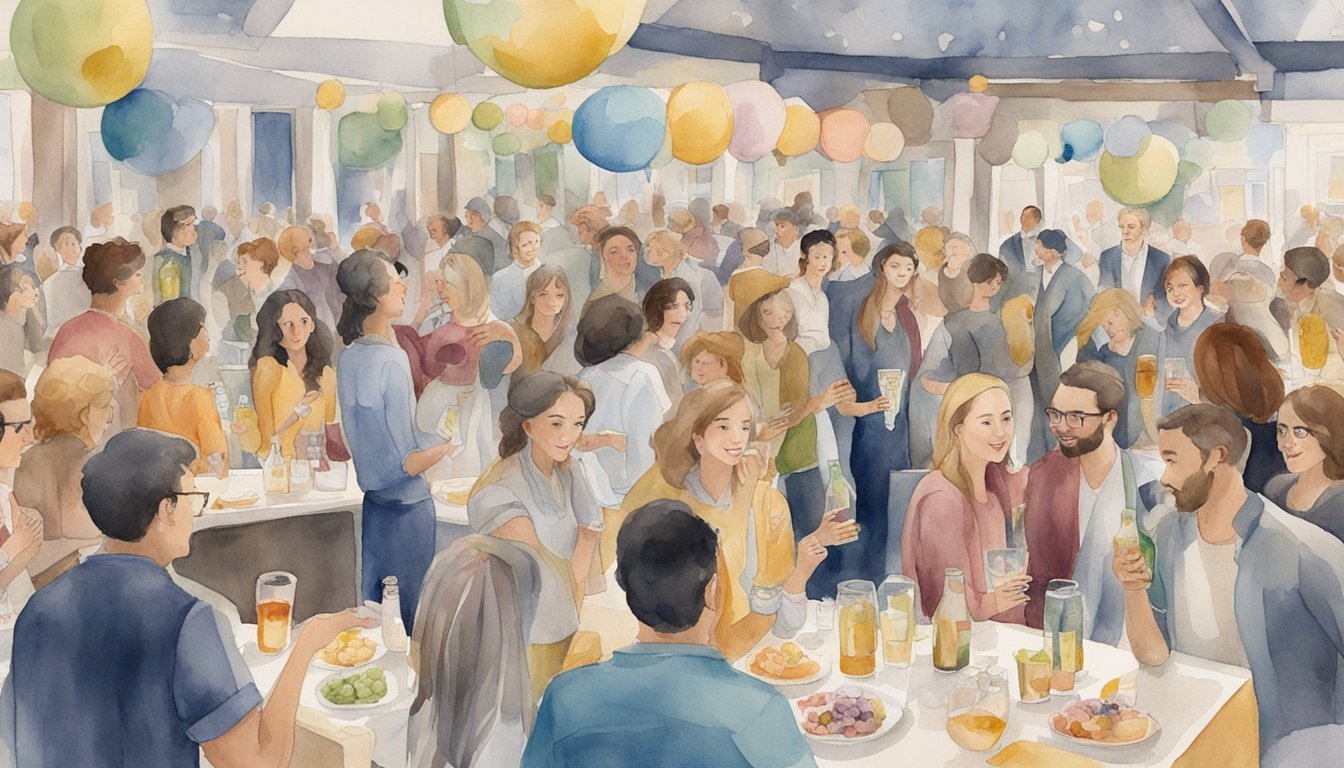Understanding Alcohol and Its Varied Effects
Alcohol, in its various forms, has distinct compositions that influence its effects on the body. The process by which alcohol is metabolized can further alter the way it impacts an individual.
Types of Alcohol and Their Composition
Different types of alcohol, such as wine, beer, and spirits, possess varying percentages of alcohol, or ethanol. For instance, the alcohol by volume (ABV) in light beers may be around 3-5%, wine around 12-15%, and spirits like whiskey around 40%. These differences in concentration contribute to the level of intoxication that different alcoholic drinks can induce.
The Role of Ethanol in Alcoholic Beverages
Ethanol, or ethyl alcohol, is the primary active ingredient in all alcoholic drinks. Regardless of the beverage, a standard drink contains 14 grams of ethanol. This measure of ethanol is the basis for determining the levels of intoxication across different drinks, which is understood in terms of blood alcohol concentration.
Congeners and Their Impact on Alcohol Effects
Congeners are chemical compounds that are produced during fermentation, with higher concentrations typically found in darker liquors. These substances can contribute to the taste, aroma, and color of alcoholic beverages. However, congeners are also associated with the intensity and duration of hangovers and may influence how differently people react to various spirits.
Biochemical Processing of Alcohol in the Body
When alcohol is consumed, it’s absorbed primarily through the small intestine into the bloodstream. The liver metabolizes the ethanol with the help of enzymes, converting it first to acetaldehyde and then to acetic acid. This process, along with the rate at which the liver can break down alcohol, determines the blood alcohol concentration and affects how long and how intensely one experiences the effects of drinking.
The Psychological and Social Influences of Alcohol Consumption

The effects of alcohol on individuals extend beyond mere physical reactions to include a complex web of psychological and social influences. These influences can markedly alter one’s behavior and emotions, often varying according to the type of alcohol consumed, personal beliefs, and the social setting.
Emotional and Behavioral Responses to Different Alcohols
Different types of alcohol are often associated with varied emotional and behavioral changes. For instance, some individuals report feeling more energized after consuming distilled spirits, which they may associate with being lively or ready for a ‘wild night out’. Studies suggest that the consumption of different alcohol types can lead to distinctive emotional responses, with certain drinks making people feel more aggressive, confident, or even relaxed.
Expectancies and Beliefs about Alcohol’s Effects
How people perceive the effects of alcohol can influence their actual experiences. Expectations may be shaped by cultural norms or education on alcohol effects. For example, there is a widespread belief that alcohol can heighten feelings of confidence or make someone feel more attractive, which can alter their behavior to reflect these expectations, sometimes leading to more restless or aggressive actions.
The Impact of Setting and Social Context on Drinking
The social environment and context play a crucial role in shaping alcohol consumption patterns and its consequent behavioral impacts. Being in the presence of friends, listening to certain types of music, or participating in social rituals can intensify feelings of enjoyment and relaxation, whereas other settings might encourage excessive drinking and its associated risks, including violence and hangovers. Gender also influences drinking behaviors, with studies showing variations in the way men and women metabolize alcohol, which affects their mood states and social interactions.

